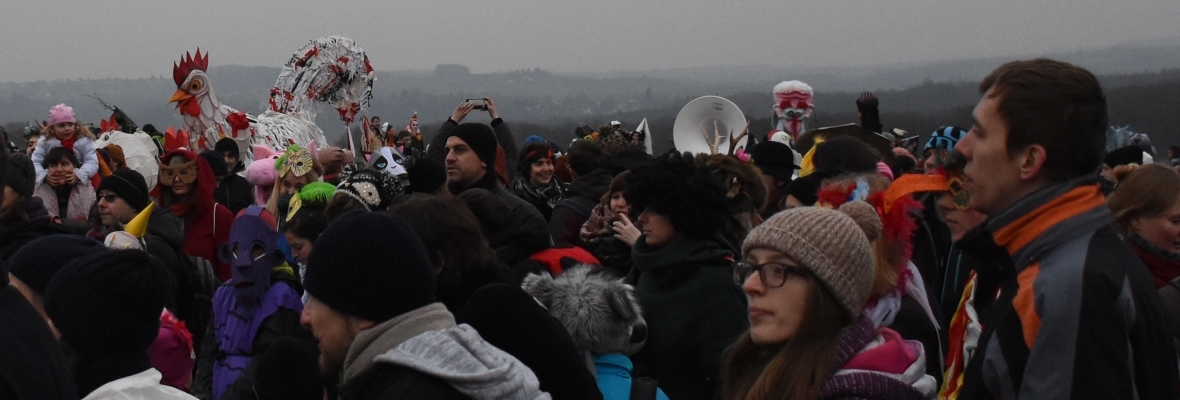
Anthropology of the State: On Relations and Boundaries
Anthropology of the State: On Relations and Boundaries
Wed Nov 06 09:06:01 CET 2024

Book launch on Monday, 25 November
You are cordially invited to the following book launch
New Books in the Anthropology of the State: On Relations and Boundaries
Join us on Monday, 25 November, 2024, at 4 pm at the Institute of Ethnology of the Czech Academy of Sciences in Prague (Zasedací místnost ÚČL, ground floor; Prague 1, Na Florenci 3) for the presentation of two books on the anthropology of the state. We are pleased to announce that we have won Paul Stubbs (Zagreb) and Adam Horálek (Charles University) as our discussants.
Abstract: Emerging from the relational stategraphy approach, two recently published monographs offer new impulses for political anthropology and the anthropologies of (post)socialism, Europe and Asia:
André Thiemann. 2024. The Politics of Relations: How Self-Government, Infrastructures, and Care Transform the State in Serbia. New York: Berghahn.
Christof Lammer. 2024. Performing State Boundaries: Food Networks, Democratic Bureaucracy and China. New York: Berghahn.
Based on long-term ethnographic fieldwork in Serbia and China, both books rethink core notions of the anthropology of the state: relations and boundaries. In an innovative combination of otherwise separated relational approaches, Thiemann’s book develops four encompassing axes of research (embeddedness, boundary work, relational modalities, strategic selectivity). Tracing shifting solidarities and the dialectics of inclusion and exclusion, it shows how the distribution of resources such as infrastructures, work and care is both embedded in and reshapes the relationship between citizens and state actors. Lammer’s book questions the taken-for-granted notion of blurred boundaries by uncovering the multiplicity of the performed boundaries between state and non-state. Showing how citizen participation in food networks and the administration of social policy signaled Western liberalism, Maoism or traditional rural culture for different audiences, it highlights the decisive role of performative boundary work in garnering or losing support for diverse political projects.
We are very much looking forward to seeing you!
Author Bios:
Christof LAMMER is a social anthropologist based at the Department of Society, Knowledge and Politics at the University of Klagenfurt. As inherit fellow at Humboldt University of Berlin he pursues the project ‘Panda Heritage: Kinship Measurements and Life’s Value in Species Conservation’[link] (2024–2025). He has co-edited special issues on ‘Measuring Kinship: Gradual Belonging and Thresholds of Exclusion’ (2021, Social Analysis) and ‘Infrastructures of Value: New and Historical Materialities in Agriculture’ (2024, Ethnos) and is also a co-organizer of the DFG Scientific Network ‘Anthropology and China(s)’ (2021–2025).
André THIEMANN is a social anthropologist working at the Institute of Ethnology, Department of Ecological Anthropology at the Czech Academy of Sciences, in the ERC-project “Veterinarization of Europe? Hunting for wild boar futures in the time of African Swine Fever”. He was previously the Postdoctoral Lead Researcher in the project “Comparing Vital Capitals: An anthropological analysis of the global value chains of sea buckthorn and raspberries” at Riga Stradins University, Latvia, and held numerous positions and fellowships across Europe and in Brazil. André has studied the political-economic and ecological transformations of Eastern Europe through ethnographies of the state and care, multispecies relationships, infrastructures and food value chains. He co-published ‘Infrastructures of Value: New and Historical Materialities in Agriculture’ (2024, Ethnos).



